On the occasion of the 50th anniversary of the Liberation of the South and National Reunification Day (April 30, 1975 - April 30, 2025), journalist and historian Gerhard Feldbauer, former reporter of ADN news agency, had an interview with VNA correspondent in Germany, in which he gave his assessment of the historical significance of the victory on April 30, 1975 for Vietnam and the world revolutionary movement, Vietnam's policy of great national unity, changes in Vietnam after 50 years of reunification, and the possibility of applying elements from the national liberation struggle to the current development context.
Regarding the historical significance of the victory of April 30, 1975, Mr. Gerhard Feldbauer emphasized that the prerequisite leading to the victory of the Ho Chi Minh Campaign was the steadfast revolutionary will of the Vietnamese people, originating from the tradition of resistance against colonialism and national liberation under the leadership of the Communist Party and President Ho Chi Minh.
He also mentioned the great assistance of the Socialist bloc, especially modern weapons from the former Soviet Union, and the international solidarity of peoples and peace forces, including the American people.
According to him, the Vietnamese revolution had a decisive influence on the national liberation struggles in Asia, Africa and Latin America, and noted that Vietnam's experience in national liberation continues to provide valuable lessons on the creative application of Marxism-Leninism to the country's specific conditions.
Regarding the policy of great solidarity, harmony and national reconciliation of the Vietnamese revolution, journalist Gerhard Feldbauer said that Vietnam's national liberation struggle was characterized by the spirit of national solidarity and broad support of the people.
The historian also cited the fact that the soldiers of the Vietnam People's Army demonstrated a humanitarian spirit when they entered to liberate Saigon, preventing negative actions from officers and officials of the old regime.
He also mentioned that General Duong Van Minh, the last President of the Republic of Vietnam, was allowed to return to his residence and lived there until 1981. Mr. Feldbauer appreciated the establishment of diplomatic relations between Vietnam and the United States in 1995, as well as visits by American veterans and senior leaders of the two countries, including President Barack Obama's announcement of the end of the arms embargo and his commitment to help resolve the Agent Orange contamination issue.
Regarding the changes in Vietnam after 50 years of unification, Mr. Gerhard Feldbauer commented that Vietnam has made a complete breakthrough since the 6th Congress in 1986 with the renovation policy, proposing a multi-sector economic policy and implementing market-oriented financial policies.
He stressed that Vietnam has risen from an economically backward country to one of the most dynamic economies in the world with impressive growth rates and significant improvements in per capita income and people's lives. He particularly praised the contributions of the late General Secretary Nguyen Phu Trong in analyzing Vietnam's development path.
Journalist Gerhard Feldbauer also noted that Vietnam always resolutely opposes any plots to limit economic sovereignty and considers this an important guarantee for success on the path of Socialism under the leadership of the Communist Party of Vietnam.
When asked about applying elements from the national liberation struggle to the current digital economy and industrial revolution context, journalist Gerhard Feldbauer pointed out that while Southeast Asian countries following the capitalist model faced many difficulties in growth, Vietnam achieved impressive growth in 2024. He said that developing a digital economy based on four main pillars is an important driving force for Vietnam's future.
He also mentioned Vietnam’s efforts to attract foreign investment in the semiconductor industry, including the establishment of a National Steering Committee and cooperation with the world’s leading technology corporations. He emphasized that Vietnam’s open foreign policy, oriented towards partnership and cooperation, is an important factor in the current international context, especially the Comprehensive Strategic Cooperative Partnership with China and the traditional friendship with Russia.
Historian Gerhard Feldbauer and his wife, photojournalist Irene, worked in Hanoi from 1967-1970 as foreign correspondents for the ADN news agency of the German Democratic Republic. He holds a PhD in Vietnamese history and a PhD in Italian history.
In 1980, he moved into diplomacy and served as Ambassador to Zaire (now part of the Democratic Republic of Congo), Burundi and Rwanda. From 1987 to 1990, he taught at the German Democratic Republic's Institute of International Relations. He has written many books and documents, including four books and many articles on Vietnam./.
Source: https://www.vietnamplus.vn/cuoc-dau-tranh-giai-phong-dan-toc-cua-viet-nam-de-lai-nhieu-kinh-nghiem-quy-gia-post1034254.vnp



![[Photo] President Luong Cuong attends the inauguration of the international container port in Hai Phong](https://vphoto.vietnam.vn/thumb/1200x675/vietnam/resource/IMAGE/2025/5/13/9544c01a03e241fdadb6f9708e1c0b65)
![[Photo] President Luong Cuong awarded the title "Heroic City" to Hai Phong city](https://vphoto.vietnam.vn/thumb/1200x675/vietnam/resource/IMAGE/2025/5/13/d1921aa358994c0f97435a490b3d5065)
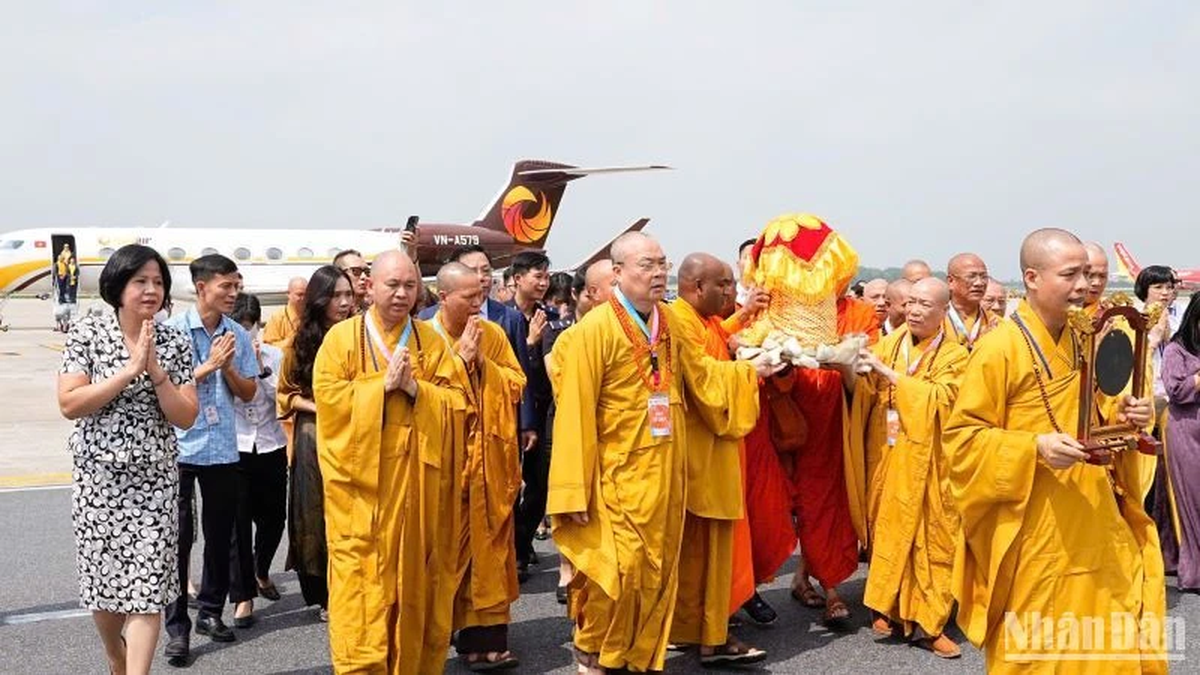
![[Photo] Prime Minister Pham Minh Chinh receives Ambassador of the French Republic to Vietnam Olivier Brochet](https://vphoto.vietnam.vn/thumb/1200x675/vietnam/resource/IMAGE/2025/5/13/f5441496fa4a456abf47c8c747d2fe92)
![[Photo] Many people in Hanoi welcome Buddha's relics to Quan Su Pagoda](https://vphoto.vietnam.vn/thumb/1200x675/vietnam/resource/IMAGE/2025/5/13/3e93a7303e1d4d98b6a65e64be57e870)
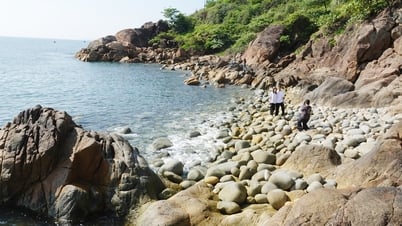
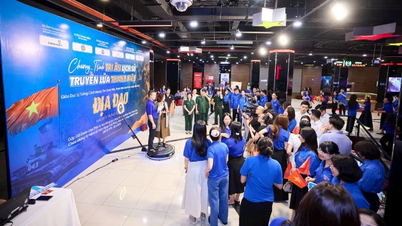
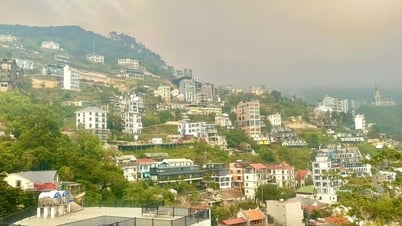









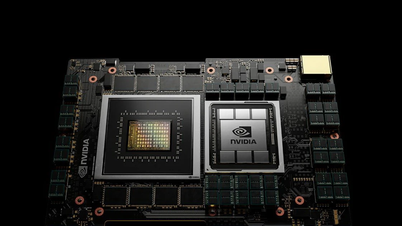

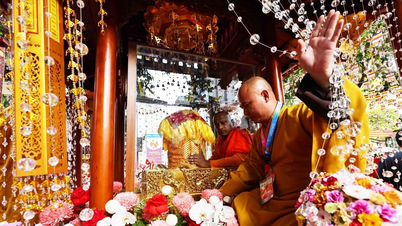
















































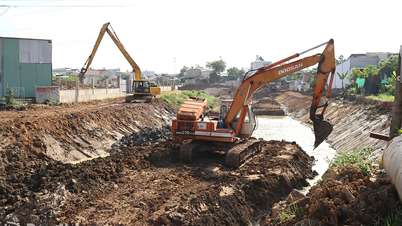

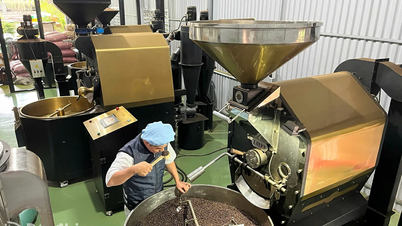
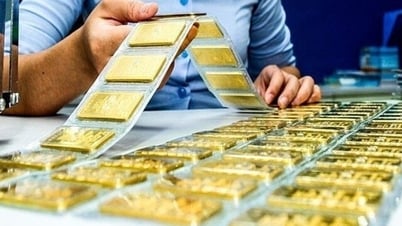

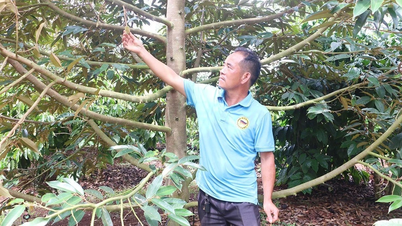

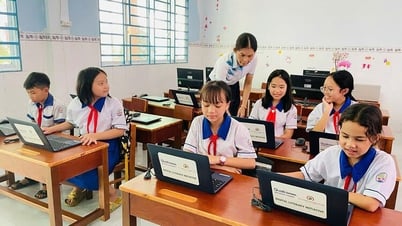

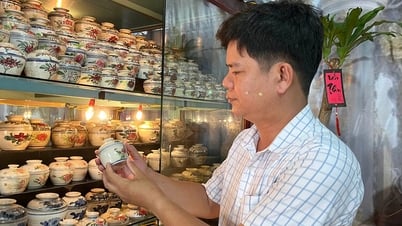









Comment (0)